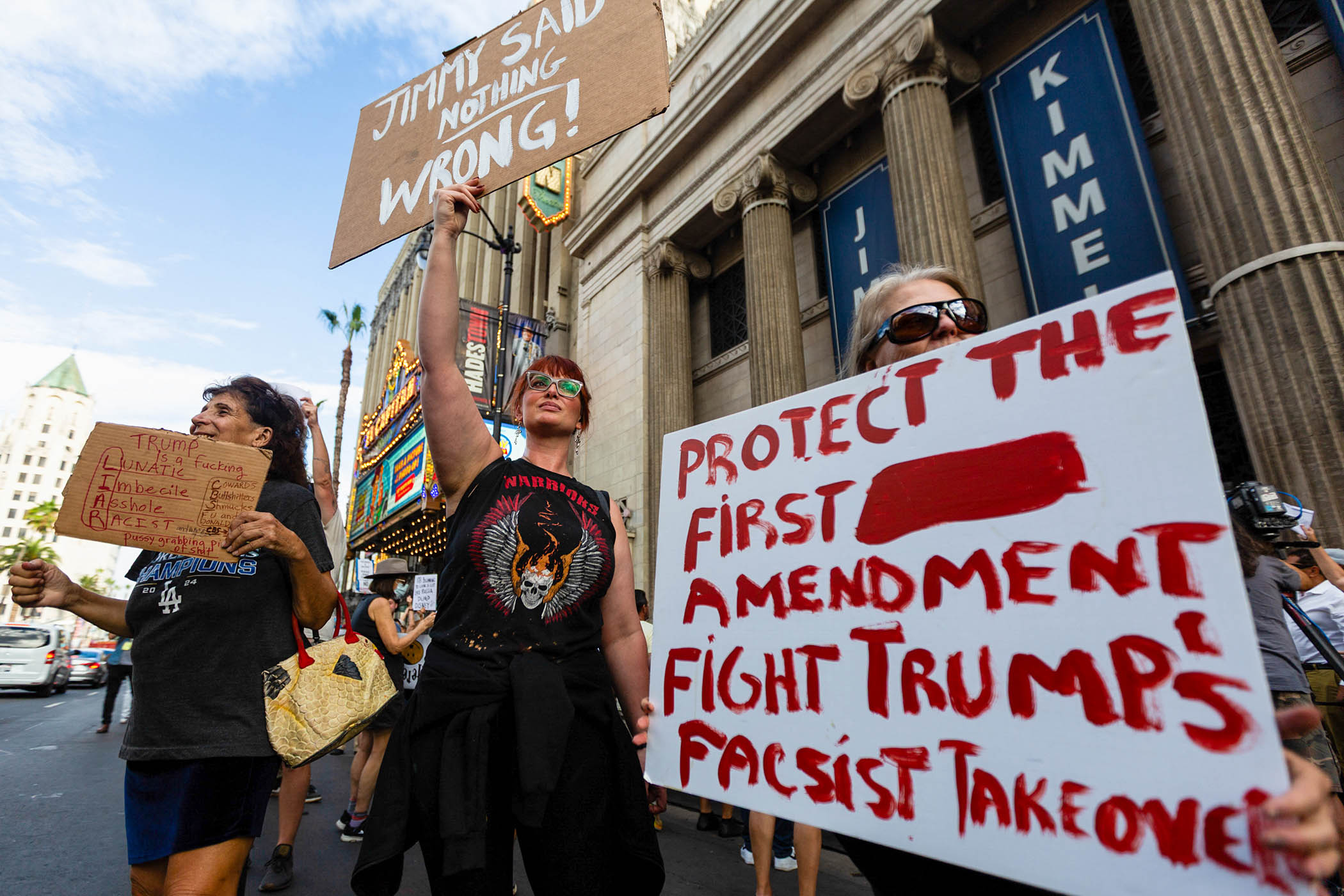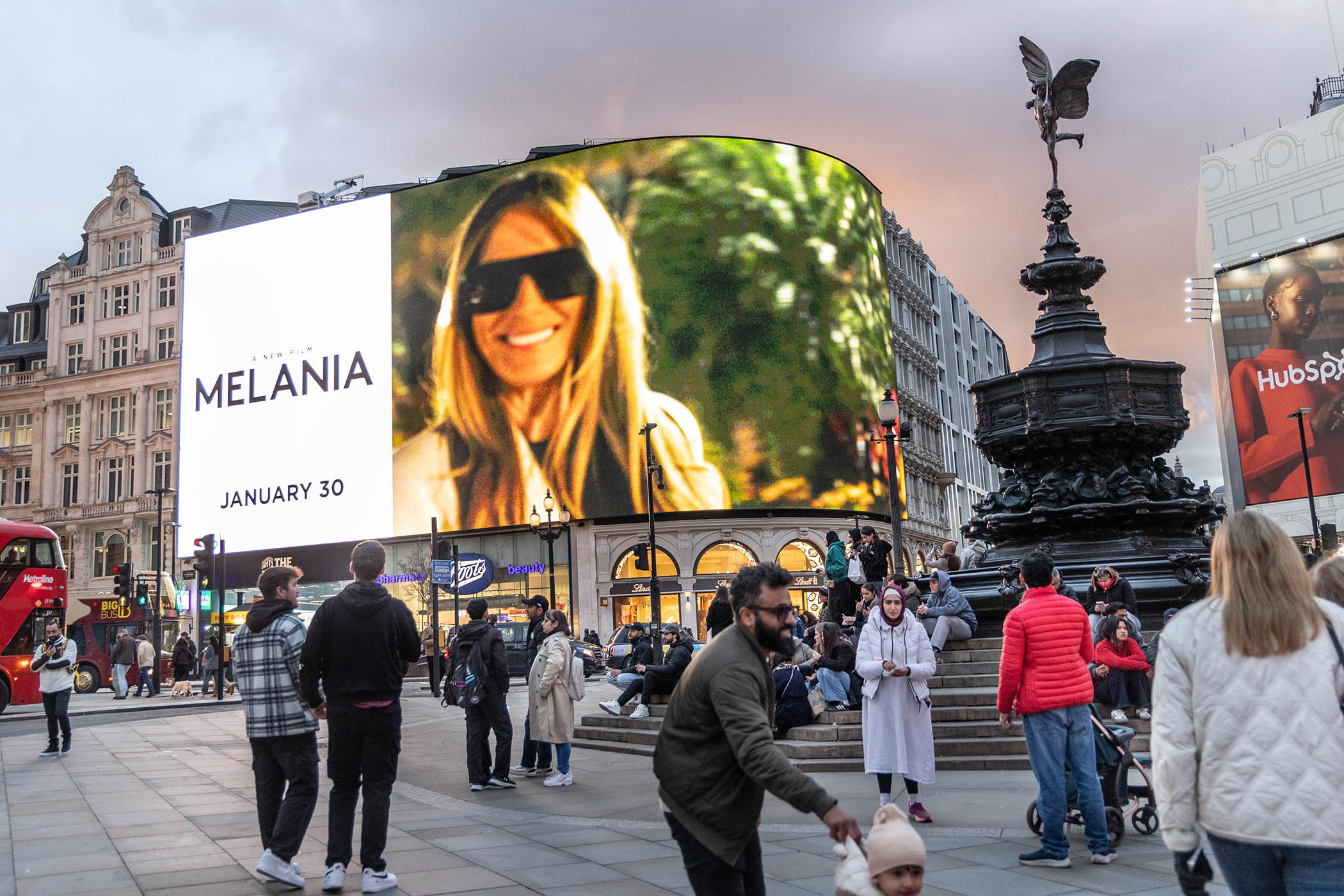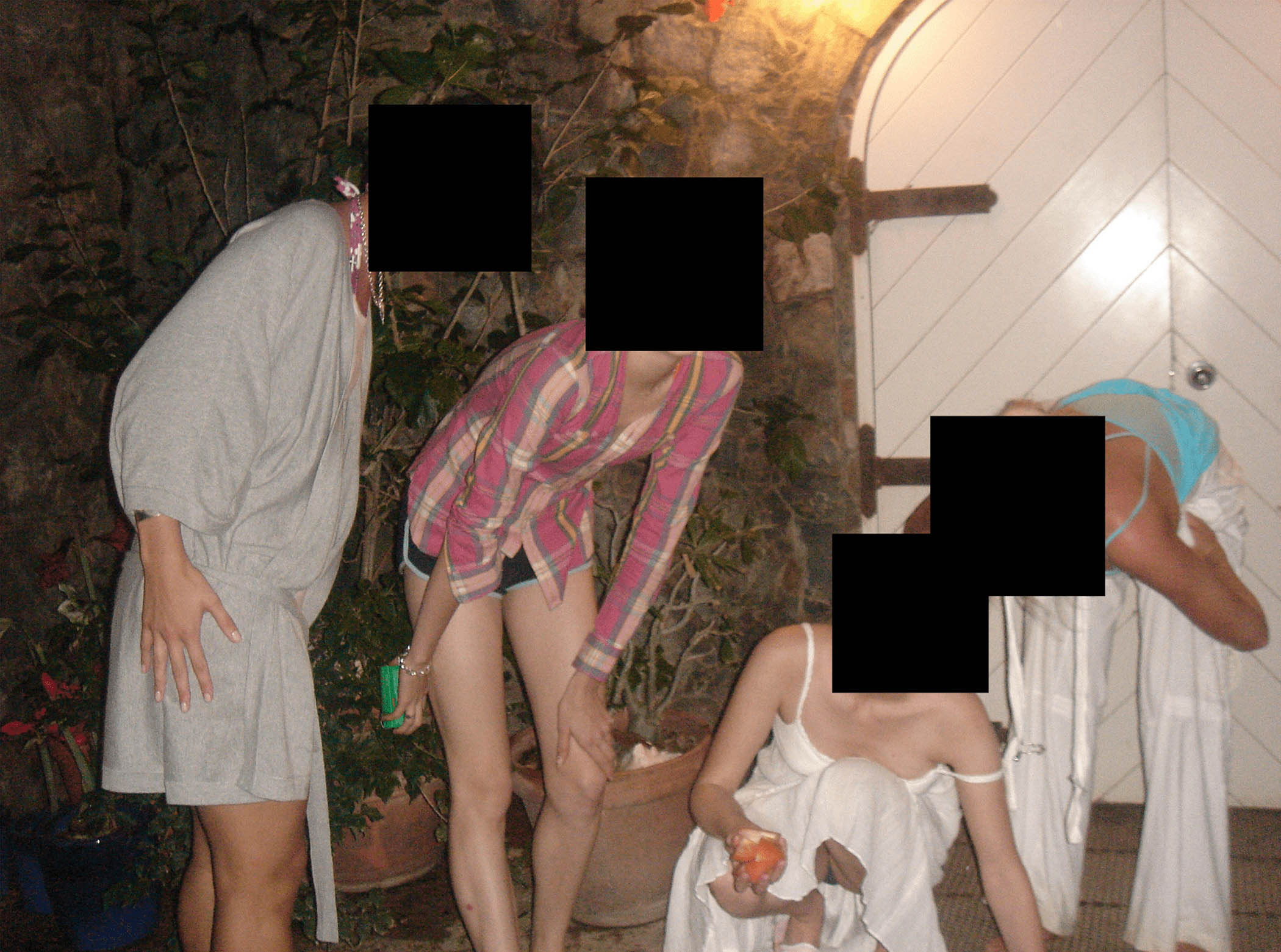Donald Trump has warned that media outlets that are “against” him could be punished as his administration’s crackdown on opponents intensifies after the assassination of Charlie Kirk, raising fears for freedom of speech in America.
Speaking onboard Air Force One soon after the talkshow host Jimmy Kimmel was taken off air for saying the Maga movement wanted to exploit Kirk’s death, Trump told reporters that US television networks were “97% against me”. “They give me only bad publicity,” he said. “I would think maybe their licence should be taken away.”
The assault on US media comes as Trump and his allies vow to dismantle what they call the “radical left” after Kirk’s death. Stephen Miller, Trump’s deputy chief of staff, has blamed “a vast domestic terror movement” for the killing.
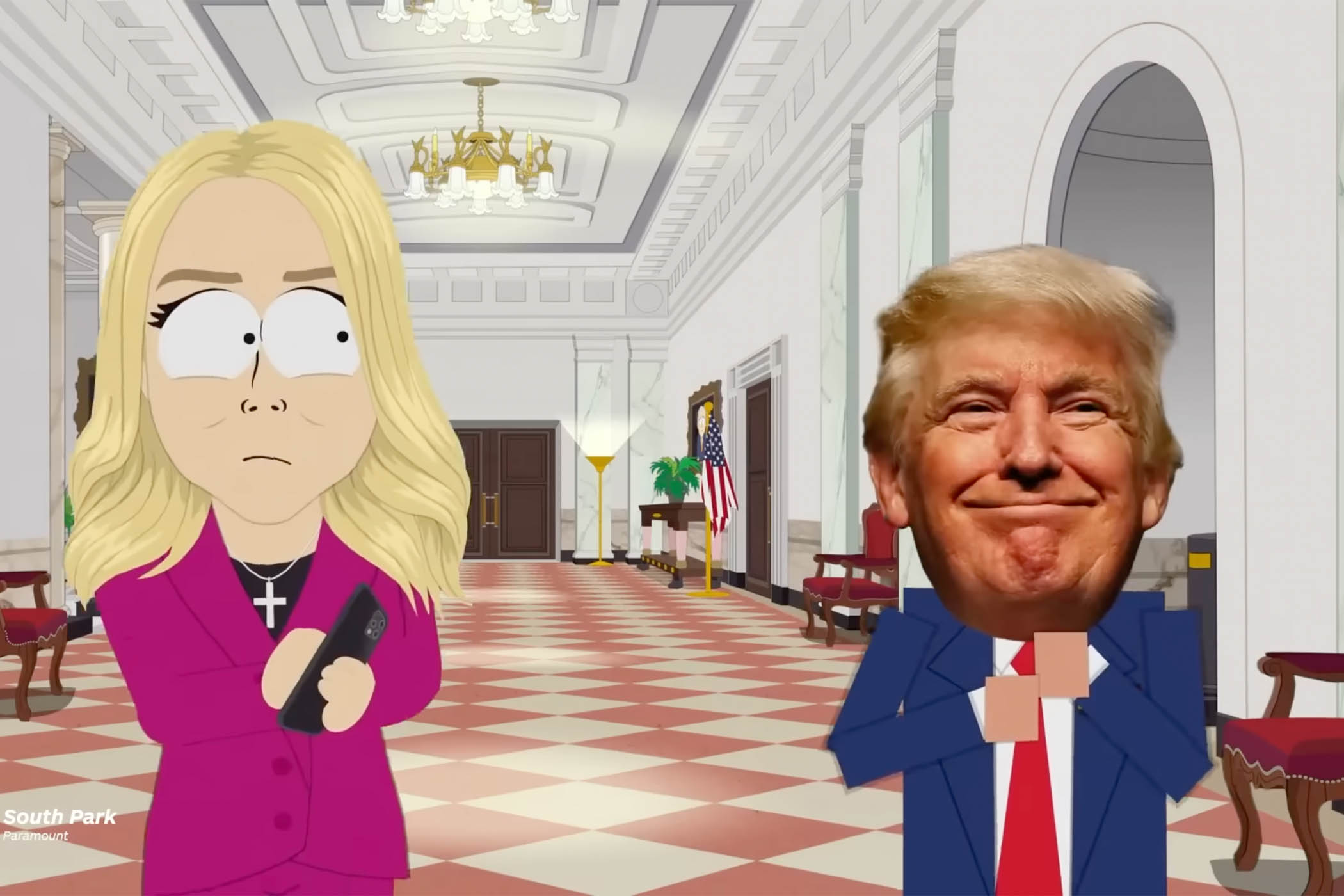
Karoline Leavitt and Donald Trump on South Park
Trump has long been critical of mainstream US media, calling it “fake news”. In 2019, he called the press “the enemy of the people”. In the last 10 months, Trump has escalated his war on the press with a number of legal cases and policy moves.
“This moment must be recognised for what it is: an extraordinary assault on free speech in the United States,” the media freedom group, PEN America, said in a statement.
Here is a list of the Trump administration’s targets so far:
New York Times
Trump last week launched a $15bn defamation and libel lawsuit against the NYT and some of its reporters for a variety of articles about his business dealings and political rise. The paper said the case had “no merit” and was “an attempt to stifle and discourage independent reporting”. A judge struck down the suit but gave Trump leave to amend the action.
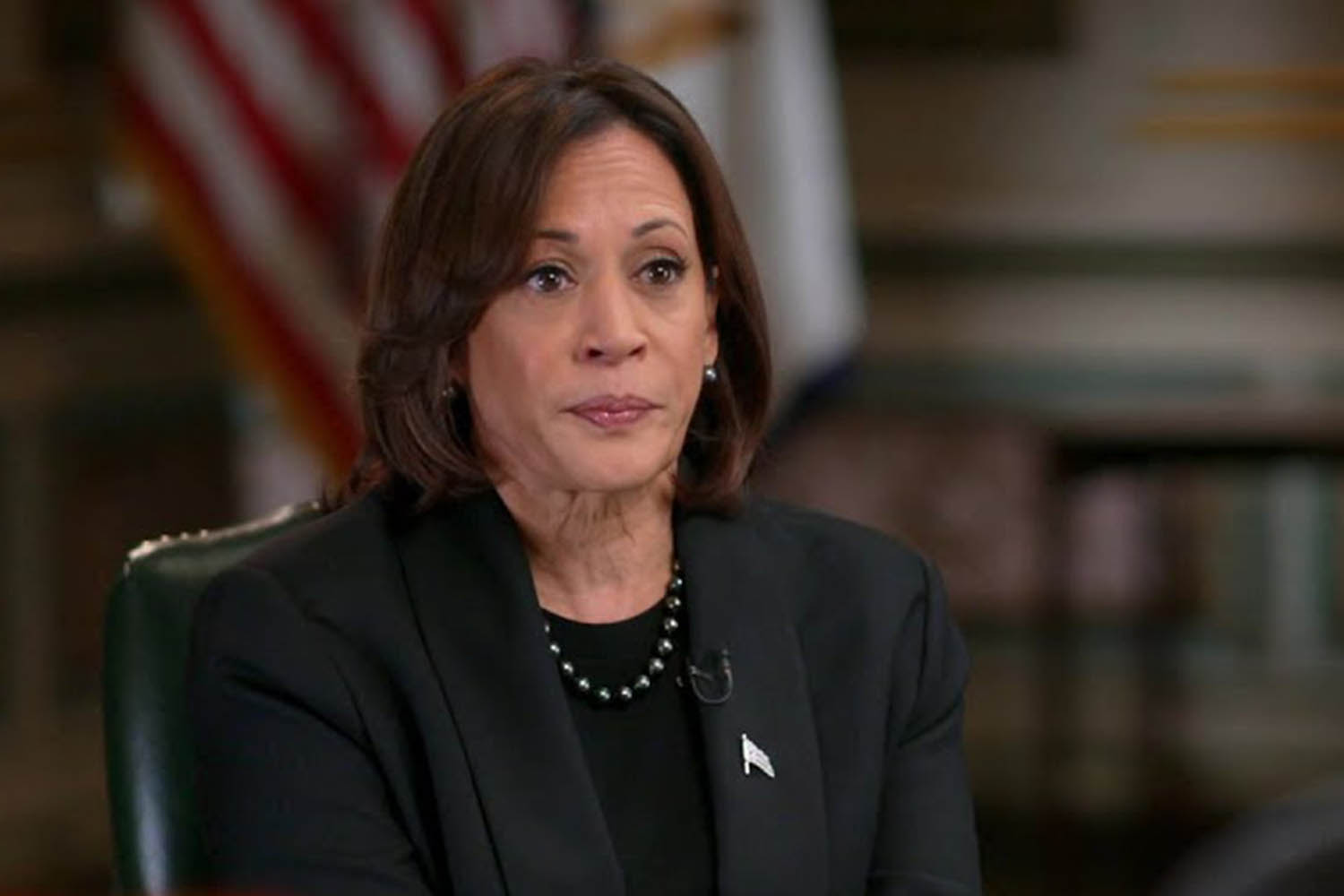
Kamala Harris
Wall Street Journal
In July, the WSJ published a story alleging Trump wrote a “bawdy” birthday letter to Jeffrey Epstein, the late sex offender. Trump denies writing the letter and launched a $10bn defamation lawsuit against WSJ owner Rupert Murdoch and publisher Dow Jones. Dow Jones said it had “full confidence in the rigour and accuracy of our reporting”.
Related articles:
Des Moines Register
The president took issue with a poll published in the Iowa newspaper just before the 2024 election predicting that his rival Kamala Harris would win the state. Trump sued pollster Ann Selzer, her firm, the paper and its parent company, accusing them of “brazen election fraud”. He has since dropped the federal lawsuit and refiled it in a state court.
ABC
Trump sued the Disney-owned TV network for defamation after ABC News anchor George Stephanopoulos misstated that Trump had been found liable for raping writer E Jean Carroll. Trump had in fact been found liable for sexually abusing and defaming Carroll. The case was settled in December when ABC agreed to donate $15m to Trump’s presidential library.
Newsletters
Choose the newsletters you want to receive
View more
For information about how The Observer protects your data, read our Privacy Policy
CBS
Last October, Trump filed a lawsuit alleging that the network’s 60 Minutes programme edited an interview with Harris to “tip the scales in favour of the Democratic party”. The lawsuit coincided with efforts to merge CBS parent Paramount with Skydance Media, which required federal approval. On 2 July, Paramount said it would donate $16m to Trump’s presidential library to settle the case. A few weeks later, the merger deal was approved.
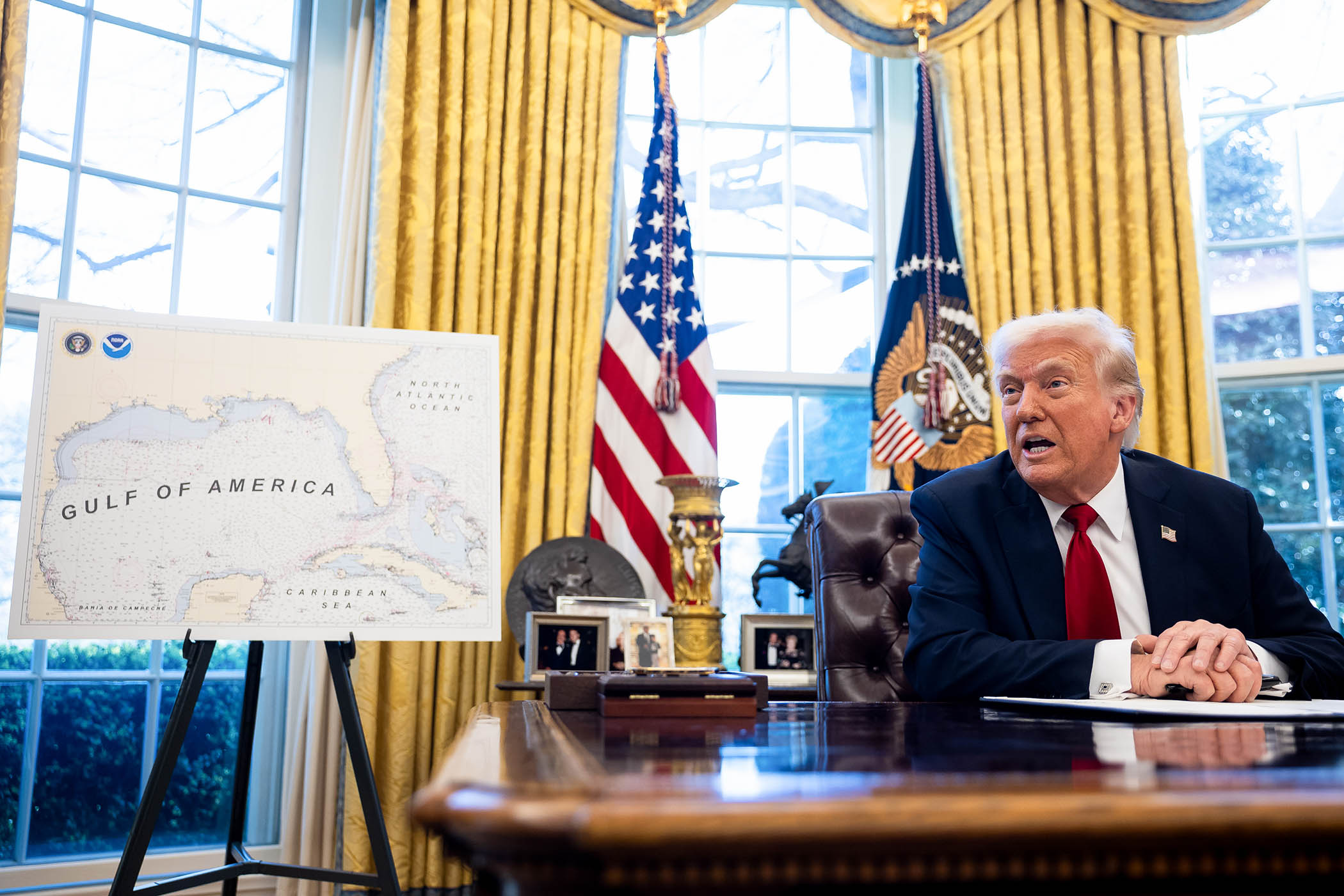
Associated Press
In February, Trump banned the AP from Oval Office events over its use of the term Gulf of Mexico instead of Trump’s preferred Gulf of America. The AP sued, arguing the ban was unconstitutional. In April, a judge ordered that access be restored, but an appeals panel granted a stay on that order in June.
Voice of America (VOA)
The White House in March accused the state-funded international broadcaster Voice of America of “radical propaganda” and has gutted the 83-year-old institution, which broadcast pro-democratic content in countries where free speech is restricted. In June, most VOA staff were fired, with only a handful left, primarily those broadcasting to Cuba.
National Public Radio (NPR) and the Public Broadcasting Service (PBS)
In July, Congress approved $1.1bn in funding cuts for public broadcasters NPR and PBS, which Trump has accused of liberal bias. Both broadcasters continue to operate, as they have other revenue streams, but about 1,500 local radio and television stations were also hit by the cuts and are laying off staff as they struggle to make up the funding shortfall.
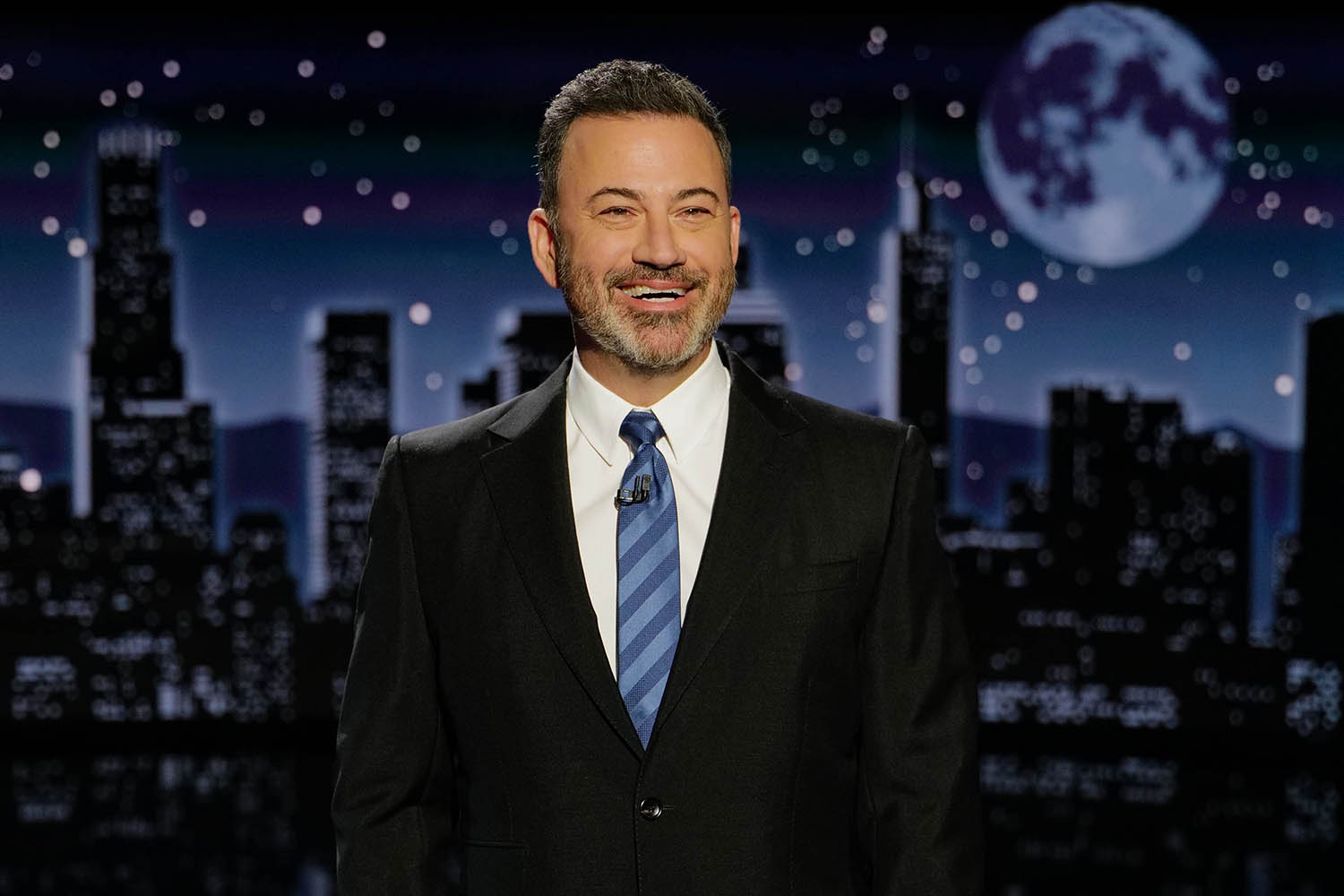
Jimmy Kimmel
Disney-owned ABC on Wednesday suspended the late-night talk show Jimmy Kimmel Live after comments Kimmel made on Monday suggesting a link between Maga and Kirk’s killer, and his saying that Trump’s allies were trying to “score political points” from Kirk’s death. Disney gave no reason for the suspension, but it came after Federal Communications Commission chairman Brendan Carr, a Trump appointee, criticised Kimmel’s comments and threatened to revoke the licences of ABC affiliates.
Stephen Colbert
CBS said in July it was cancelling The Late Show with Stephen Colbert. The news came soon after Colbert, a longtime critic of Trump, spoke out against CBS parent company Paramount for settling its lawsuit with Trump before the Skydance merger. Democrats accused the network of cancelling Colbert for political reasons, but CBS said it was for economic reasons.
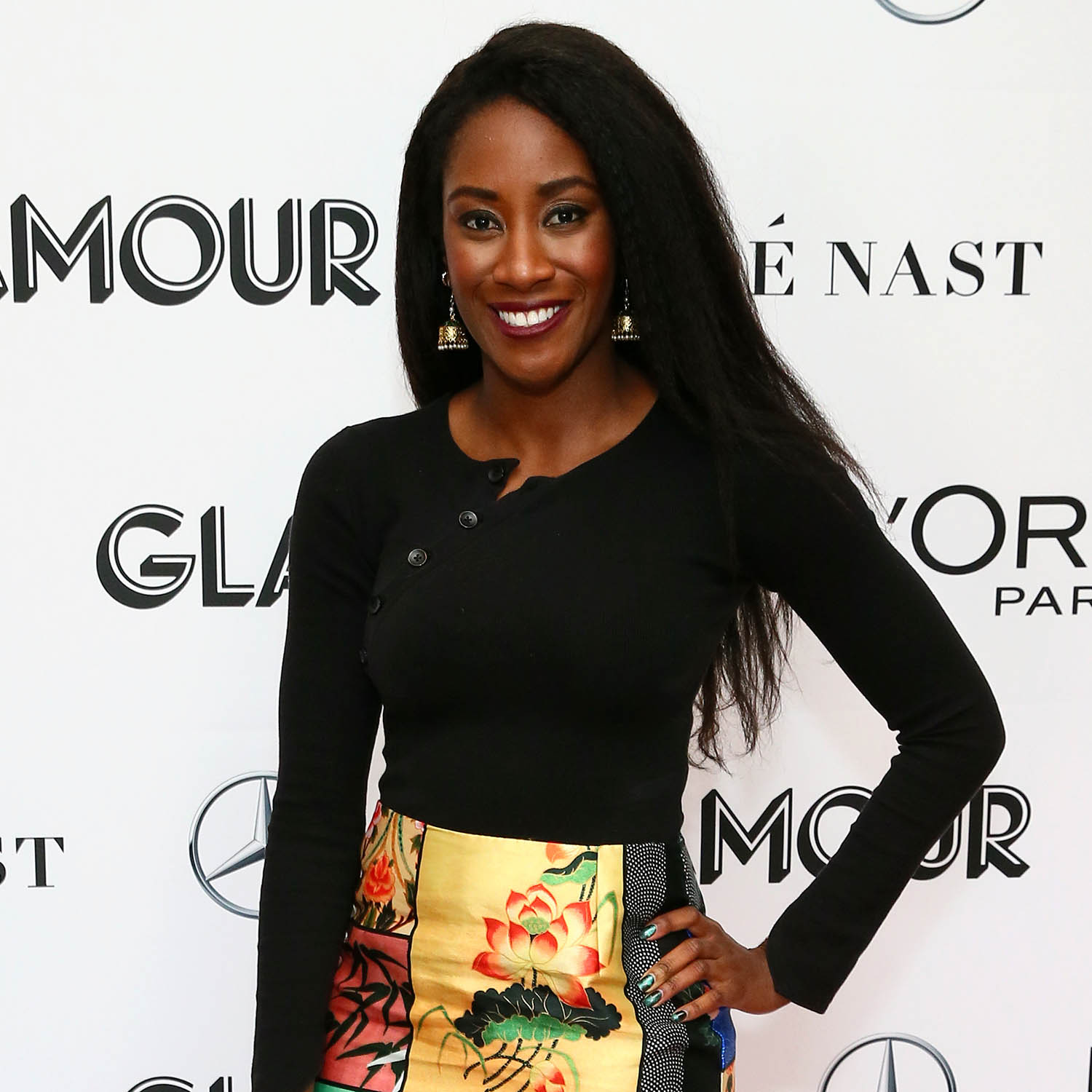
Karen Attiah
Other targets
Two other media commentators lost their positions because of comments made after Kirk’s death. Karen Attiah, a Washington Post columnist, said she was fired for social media posts about gun violence.
MSNBC severed ties with political commentator Matthew Dowd after he said: “Hateful thoughts lead to hateful words, which then lead to hateful actions.”
The White House has also taken over the management of the press coverage of the president, which in the past was handled by the White House Correspondents’ Association. Now it is the administration that decides which reporters have access to him, and a number of conservative outlets have been given accreditation.
Photographs by Benjamin Hanson/Middle East Images/AFP via Getty Images, Paramount+, CBS, Francis Chung/Politico/Bloomberg via Getty Images, Randy Holmes/Disney via Getty Images, Astrid Stawiarz/Getty Images
